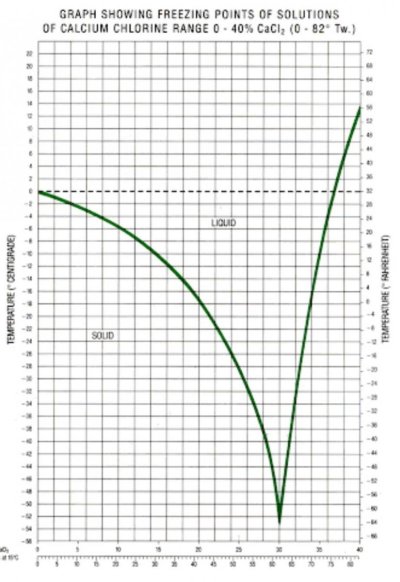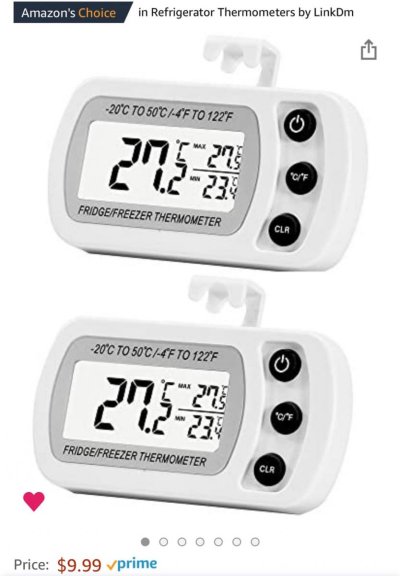Capt. Rodbone
Senior Member
- Joined
- Sep 6, 2020
- Messages
- 172
- Location
- U.S.
- Vessel Name
- SV Stella Polaris MV Sea Turtle
- Vessel Make
- 1978 VanDine Gaff rigged schooner, 1978 Grand Banks Classic Trawler
Question for you more experienced Trawler owners. Our new to us Trawler is about two hours away and we get up there let’s say not quite every week but certainly less than every two weeks. We have opted to leave things in the freezer and the refrigerator as we are hooked up to the shore power in the slip anyway. Something tells me we should bring those things home each trip. It’s not like we take a lot when we go. Is there any reason to bring things home, other than the obvious which is were the power to go out and we weren’t there things will spoil. I’m willing to risk that, I’m just wondering if this is unnecessary wear and tear on these items on a 78 Grand Banks. I’m sure they are original.



